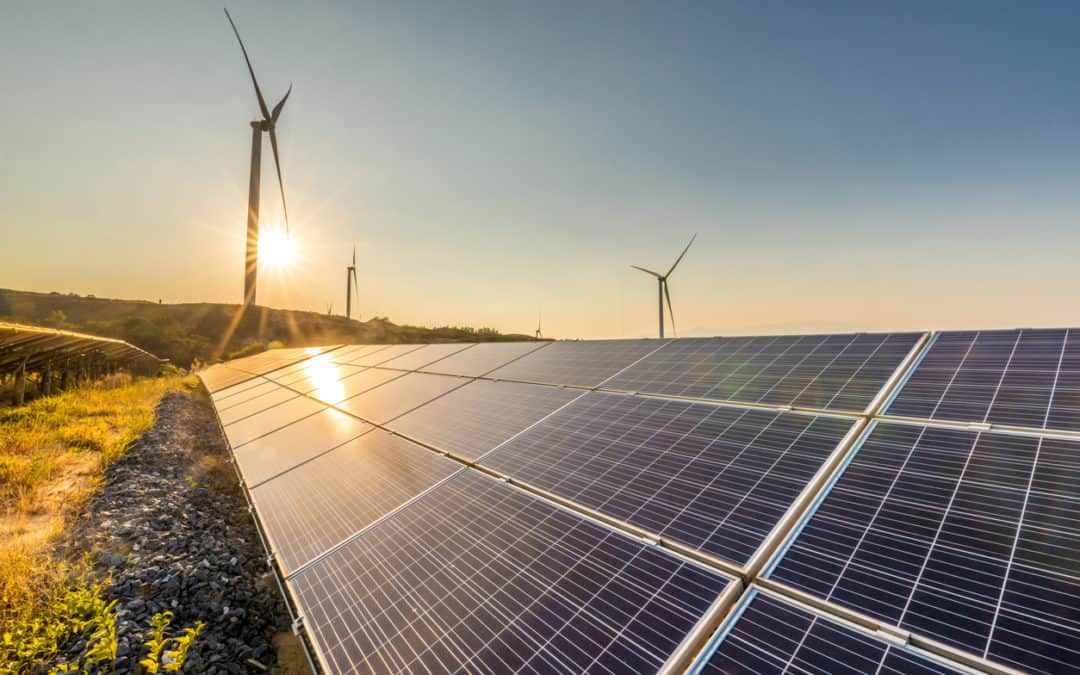Are you ready to start using solar energy to power your home? Can you install solar panels yourself, or do you need help from a solar contractor? Before making your decision, you need to know the benefits and drawbacks of each method.
DIY Solar Panel Installation
You can install your own solar panels if you have some good DIY skills. But this is a challenging process. Below are the pros and cons of choosing to do it yourself:
Pros of DIY Solar Panel Installation
Lower Cost
As with any type of DIY project, doing the work yourself means a lower financial cost than when engaging a professional contractor. DIY projects typically cost $3 per watt, whereas professional installations usually cost $7 to $9 per watt. This difference adds up, with a professionally installed five kilowatt (5kW) system costing $35,000 to $45,000 before incentives. A DIY system of the same quality can cost as little as $15,000. Of course, this pricing depends on the quality and make of your solar panels, too. (All pricing is variable depending on where on the globe you live and the specific type of product/installation chosen)
Quicker Installation
The solar energy business is booming. This boom means it can take time to schedule your professional installation date and receive the equipment. Professional installations often require planning several weeks in advance. On the contrary, if you purchase your home solar kit at a major hardware store or through a wholesaler, you can start doing the work immediately and on your own schedule.

Cons of DIY Solar Panel Installation
Complexity of the Setup
Sure, you can watch online tutorials for just about anything these days. But to DIY solar panel installation, you still need to have familiarity with construction and electrical work. Most people do not have these skills.
In fact, you need to understand construction and electricity to simply know which solar array kit to purchase, starting with what size system you need. Then, you must carefully and correctly install the system. This step involves connecting panels to the inverter and correctly wiring the inverter to the meter or a solar battery.
Not having the right skills can prove disastrous. You risk fire and electric shock, which means that this particular DIY project is not one for the foolhardy.
DIY Limitations for Solar Panel Use
Most utility companies do not allow non-professional DIY installations for use on the grid, which means that the vast majority of people interested in DIY solar panel installation can only hope to use their system off-grid. Otherwise, you need professional sign-off and permits.
Going off the grid can cause many problems for your home and energy supply needs. Most people still need access to the utility company’s electric grid, even with solar panels. Otherwise, you face not having the full amount of electricity you need at all times.
As you can see, DIY solar panel installation is more of a DIY project for people with the right professional skills and permits. Otherwise, for powering parts of your property off the utility grid, DIY is a great choice if you possess construction and electrical installation skills. You can use solar power in a shed, barn, cabin or RV, for example.
Professional Solar Panel Installation
Hiring a solar contractor is usually the right choice. Below are the pros and cons of choosing to work with professionals for solar panel installation.
Professional Solar Installation
Hiring a professional company to install solar panels is a common option for several reasons. Here are just a couple of the pros of professional installation:
Pros of Working with Professional Contractors
Experience
Experience is worth a lot when installing electrical wiring and solar panels. Many contractors have years of solar system installation under their belts. They have gone through initial training and licensing, before ever entering the field. They also meet specific requirements for qualifications, before going to work as a contractor in solar panel installation. They know how much solar energy to recommend for your precise situation and home power needs. They also fully understand the permit process.
Better Materials and Warranties
You will pay more for professional installation and equipment, over DIY. That is certain. But with the higher price tag, you benefit from higher quality materials and associated warranties for equipment and service. This really means a lot when you consider that your professional home solar system can last decades.
Most wholesale distributors do not supply the best equipment to the general public. Solar panel installation companies often possess proprietary technology that outperforms DIY kits, too. When combined with warranties, the quality of the contractor’s equipment far outweighs anything you can install yourself.
Cons of Using a Professional Solar Power Contractor
Red Tape
Before installation ever begins, the contractor providing your home solar system and service must fill out a lot of paperwork. The job requires applications and permits. This adds some time to the project and delays getting the system immediately up and running. You can even be denied a license by the utility company, particularly if you do not choose an approved installer.
Higher Up-Front Costs
As anyone expects with using a contractor, the work costs more upfront than when doing a DIY installation. There are ways to offset the upfront expense, such as through solar loans. Although paying more to start with a contractor can seem reason enough to DIY, the professionals can save you money in the long run. A professionally installed solar system can long outperform DIY systems.
Obviously, choosing to work with a contractor saves you many headaches in the long run. You benefit from their warranties, and the essential confidence of knowing the wiring is properly installed and connected with your utility company’s stamp of approval. But through the above pros and cons of DIY vs. using a solar contractor, you can make the right decision for yourself.

Recent Comments